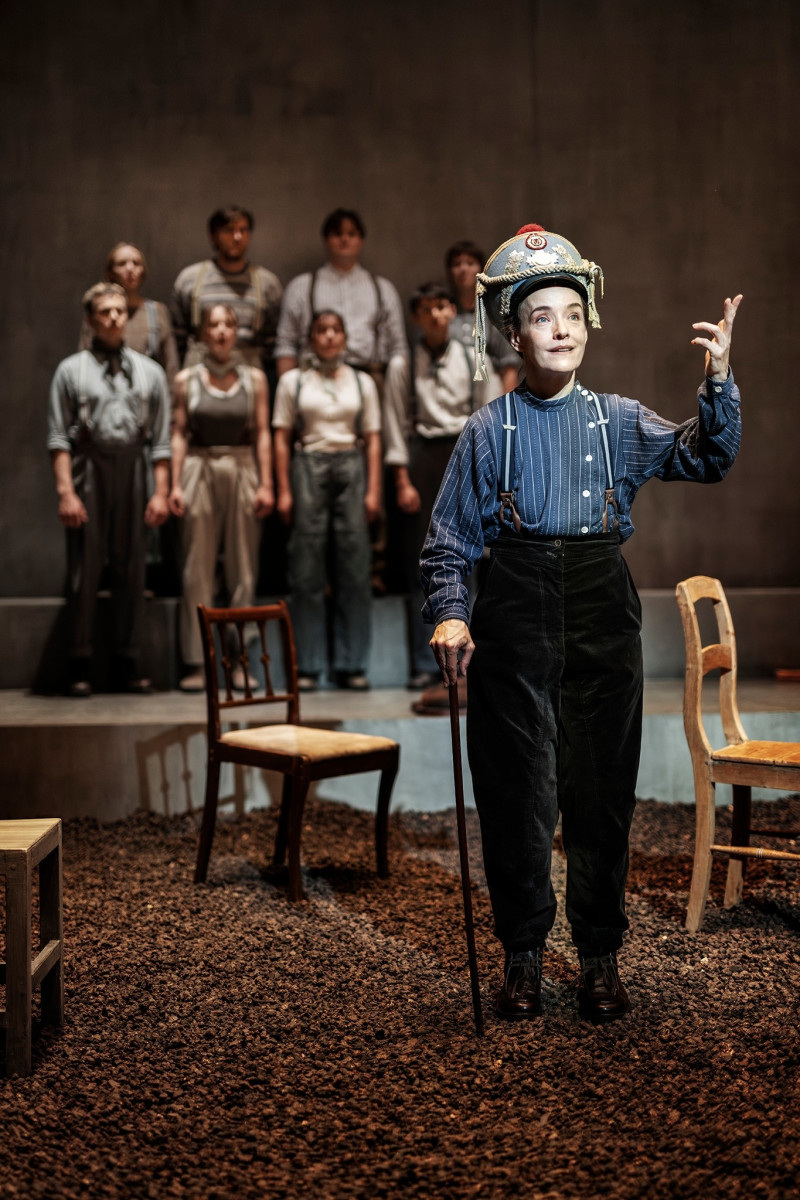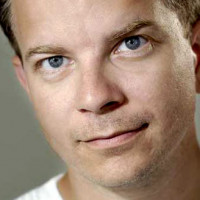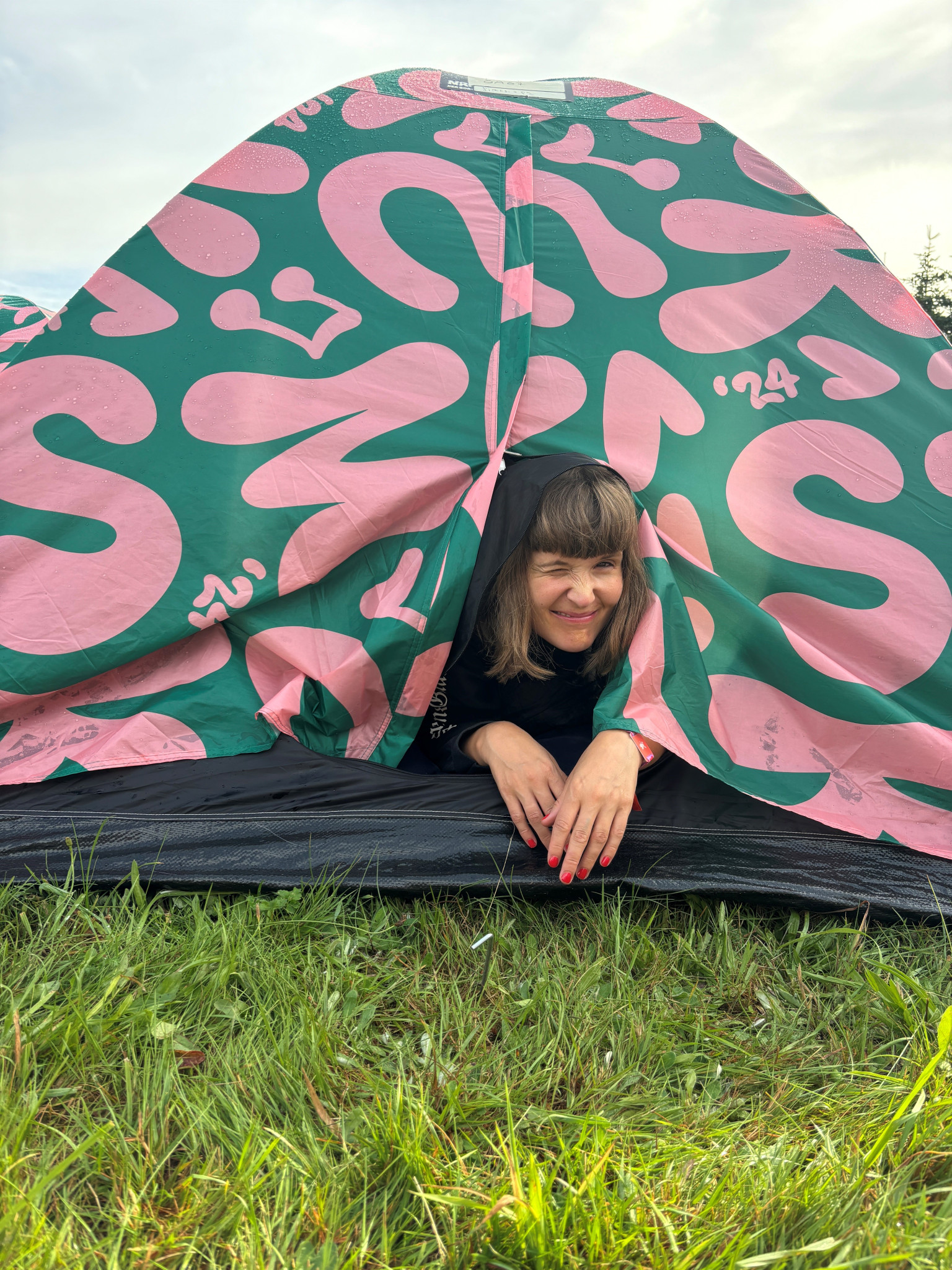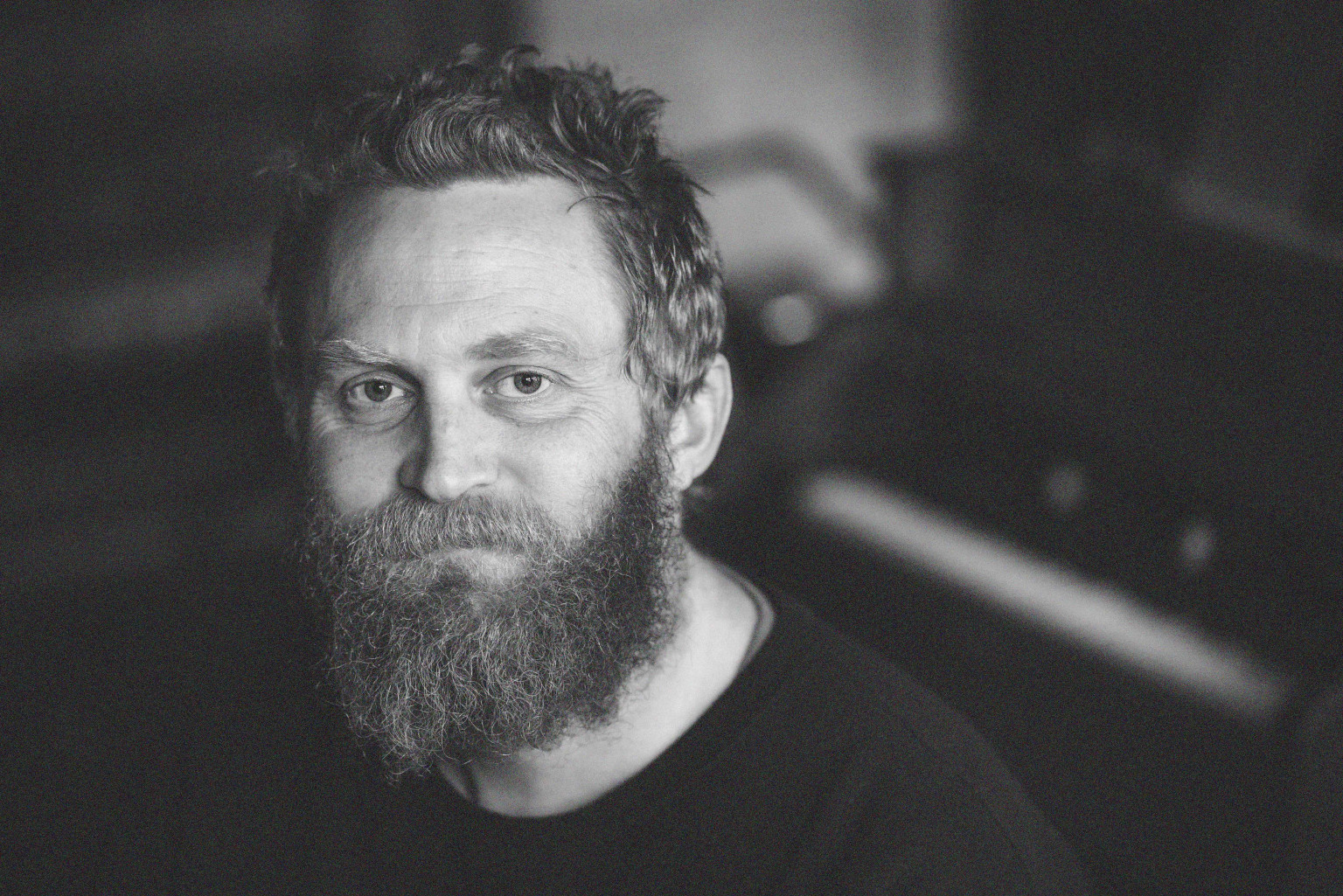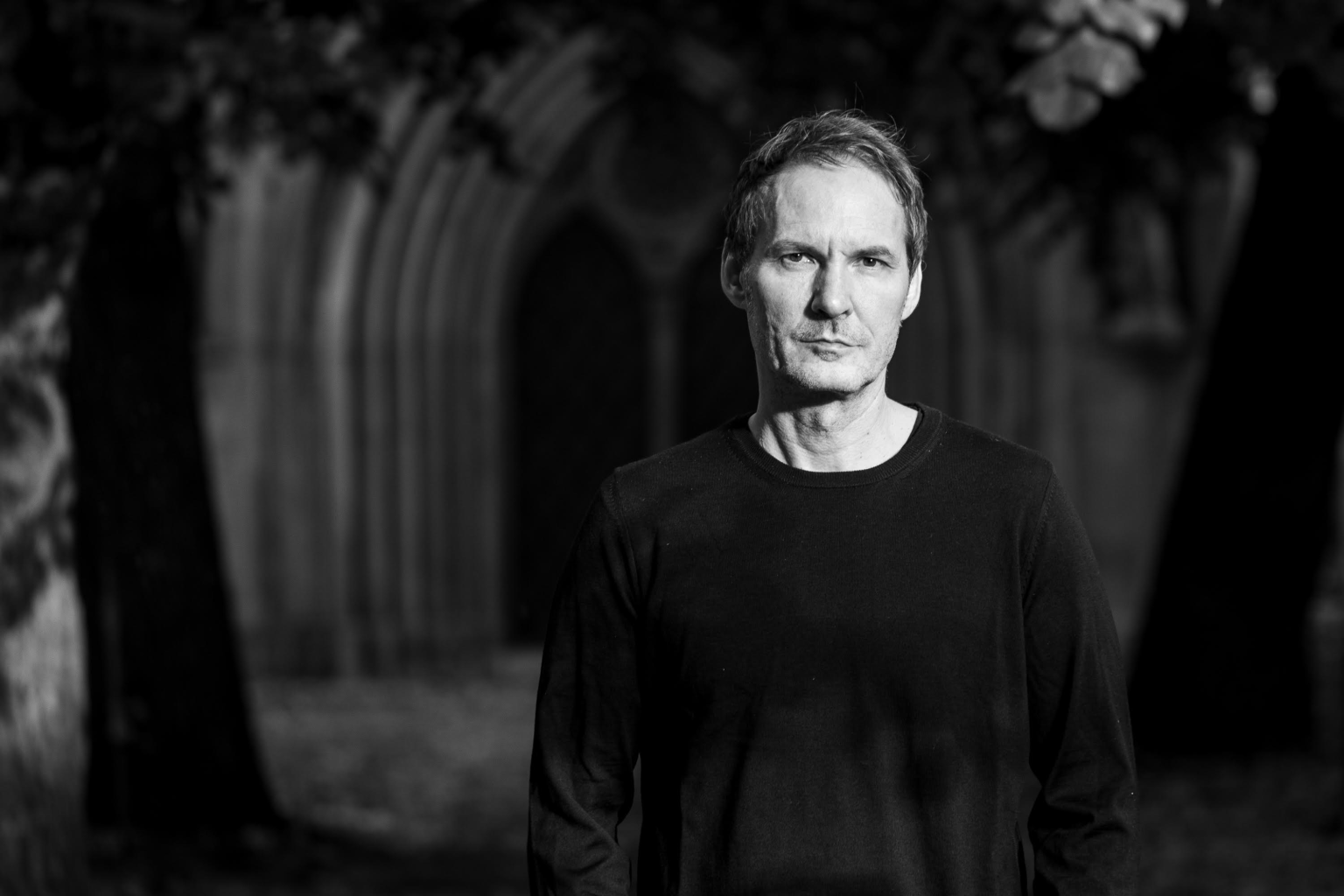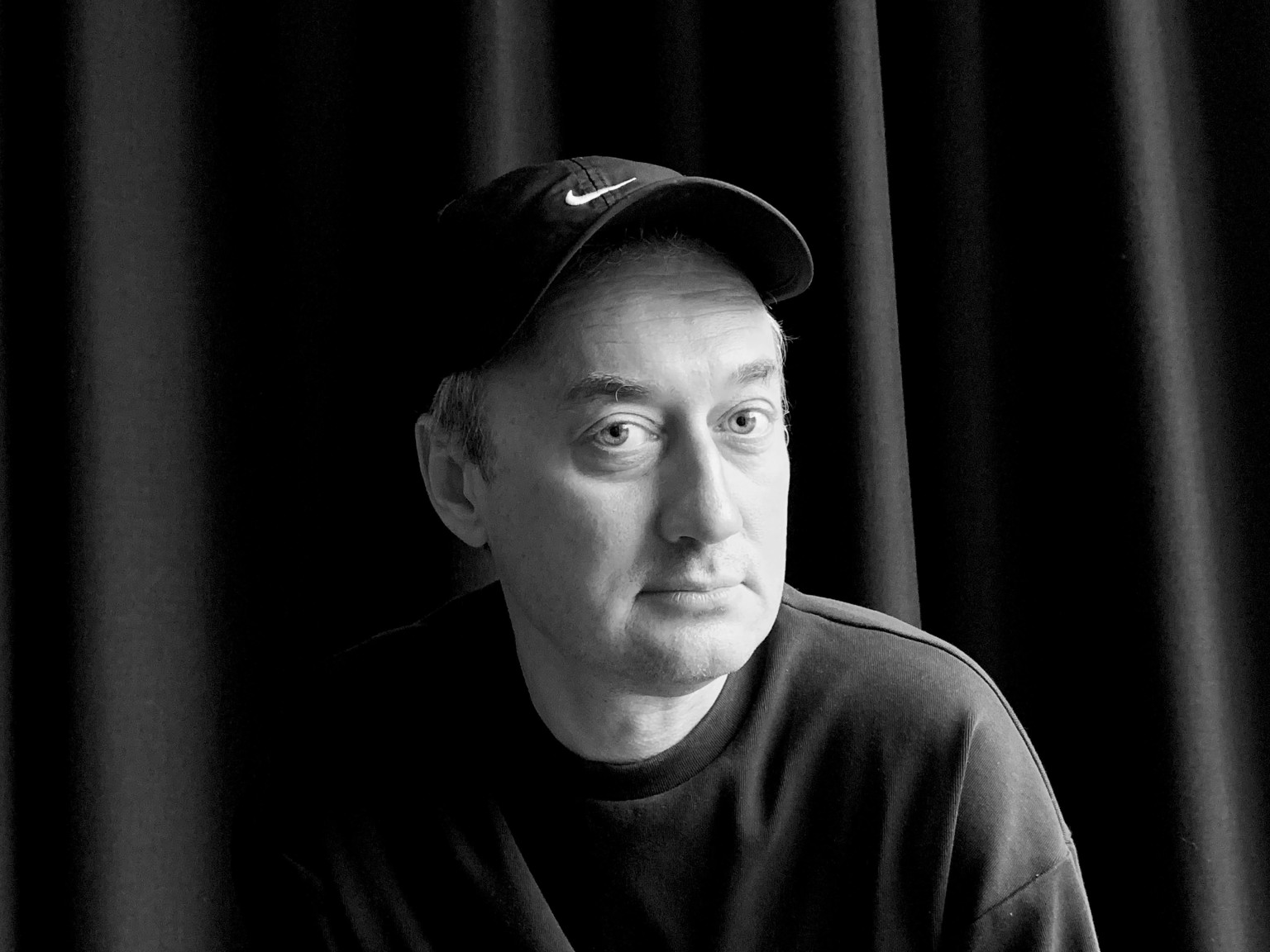My name is Per Bloch – would you like to see my playlist?
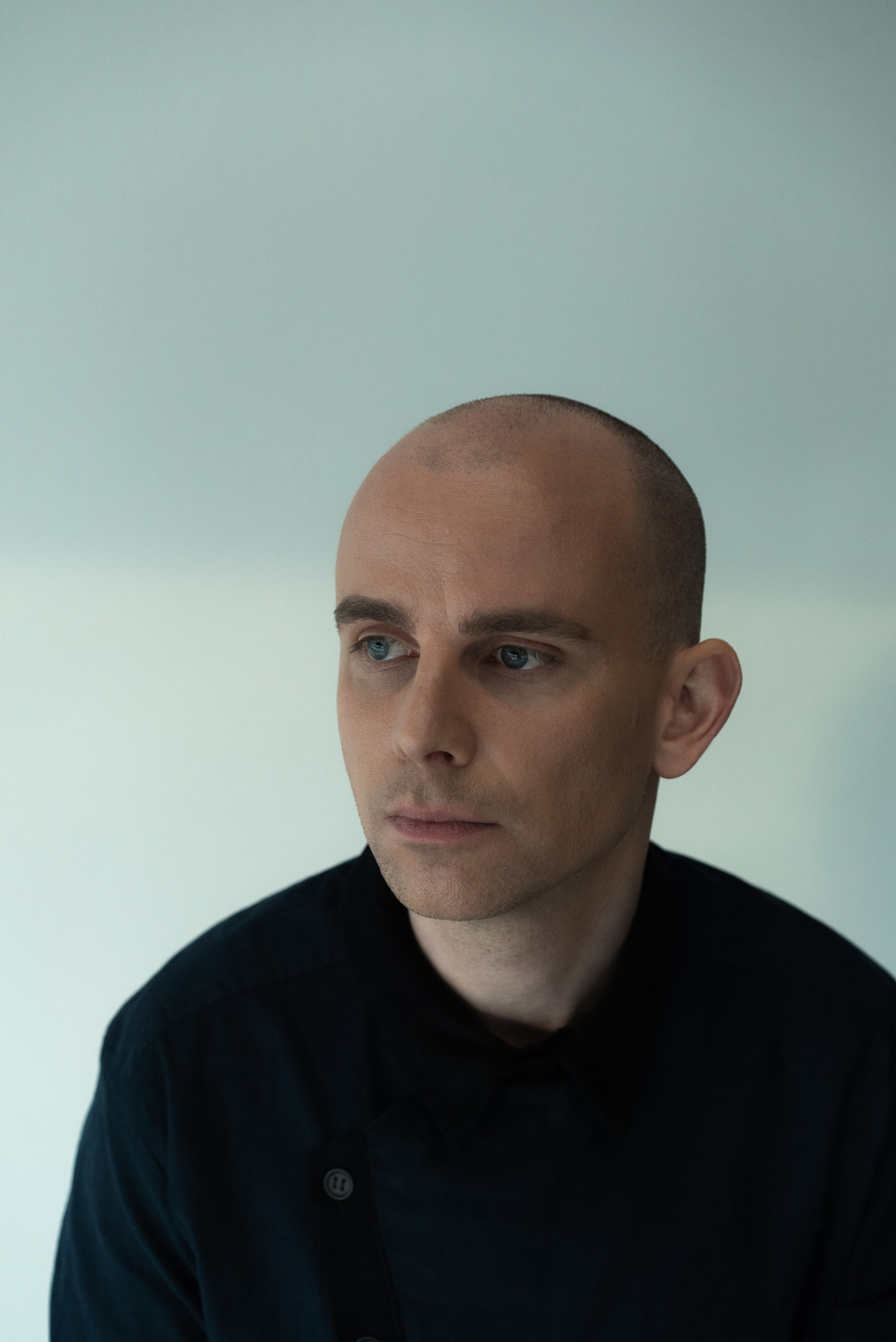
»For me, music is a bridge between worlds and cultures, and it’s also a path inward – and outward. Toward new insights. Music is what I use when I meet other people, instead of talking about the weather. It’s music that gives me answers and asks the questions. Music is a release valve and the space that can hold all the unmanageable, infinite, and strange emotions in life. A space for everything I can’t seem to fit anywhere else. Music roots the airy and the ethereal. A dissolution of all that is material and tangible.
When I create music myself, I discover new paths and ingredients within me that I didn’t know I had access to. Music is the language through which one can connect with others – with or without formal training – an imaginary language, and yet so concrete that it can be touched and felt. Music is a peephole into others and a gaze that crosses the boundaries that would otherwise divide us.
For me, music is motive, excuse, and emphasis. And a pressure test between reality and fantasy. Music is balance and chaos, tonal poetry, pure lovely gibberish, ultimate perfection – and sometimes the only thing bearable to listen to.«
Per Bloch is a composer and songwriter, as well as the author of novels and children’s books accompanied by musical audiobooks. Last year, he published the children’s book Gakkelaksen og de 10.000 stjerner and the novel Rosa i al slags lys, both including sound pieces. He also released three new songs in three different languages – Greek/Danish, Faroese, and Greenlandic – as a follow-up to the album Kokoro, which consisted of eight love songs in eight different languages. In addition, he released two remixes – one of them based on the novel's soundtrack, created by the Japanese sound artist Sugai Ken.


